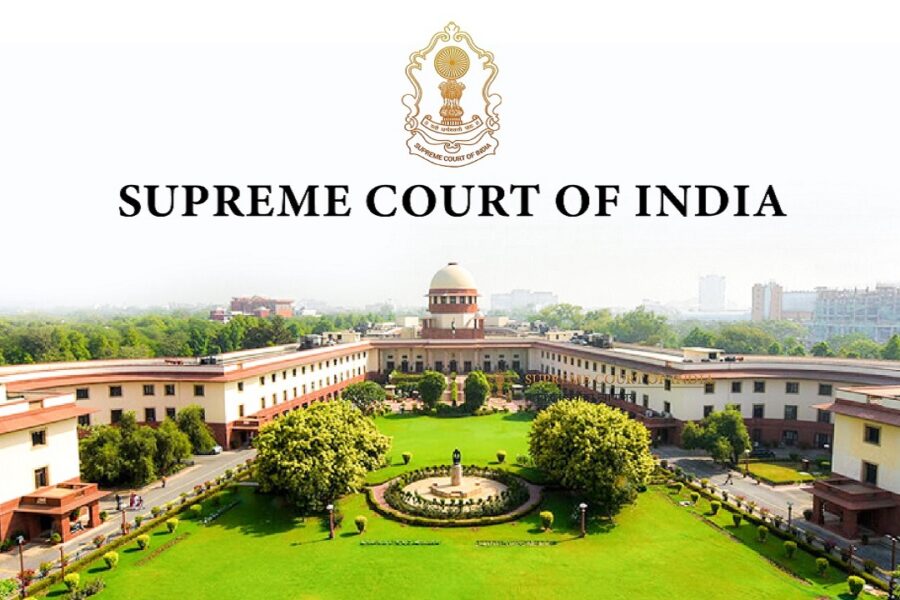The Constitution of India vests the Supreme Court with extraordinary jurisdiction under Article 136, which empowers the Court to grant special leave to appeal from any judgment, decree, determination, sentence, or order in any cause or matter, passed or made by any court or tribunal in the territory of India. This provision is significant as it bestows upon the Supreme Court discretionary power to intervene in cases where substantial questions of law or matters of public importance arise. This article delves into the nuances of Article 136 and its implications on the Indian legal system.
- Origin and Evolution: Article 136 finds its roots in Section 109 of the Government of India Act, 1935, which granted similar powers to the Federal Court of India. After the establishment of the Supreme Court of India in 1950, Article 136 was adopted, conferring upon it the same powers as previously vested in the Federal Court. Over the years, the scope and application of Article 136 have been elucidated through judicial interpretation, shaping its role in the Indian legal framework.
- Discretionary Nature: One of the cardinal features of Article 136 is its discretionary nature. The Supreme Court has the prerogative to grant or refuse special leave to appeal based on its assessment of the merits of each case. This discretionary power is exercised cautiously, ensuring that the Court intervenes only in matters of grave significance warranting its attention.
- Parameters for Exercise of Jurisdiction: While Article 136 confers broad discretionary powers upon the Supreme Court, certain parameters guide the exercise of this jurisdiction.
- The Court typically considers factors such as:
- Substantial Questions of Law: The presence of substantial questions of law, which have far-reaching implications or require authoritative clarification, often influences the Court’s decision to grant special leave to appeal.
- Manifest Injustice: Cases involving manifest injustice or egregious errors in the application of law may attract the Court’s intervention under Article 136
- Public Importance: Matters of significant public importance, affecting the rights and interests of a large section of society, are more likely to be entertained by the Supreme Court.
- Constitutional Interpretation: Article 136 is frequently invoked in cases involving interpretation of the Constitution, where the Court’s guidance is indispensable for upholding constitutional values and principles.
- Error Apparent on the Face of the Record: Instances where a glaring error or miscarriage of justice is discernible from the record may prompt the Court to exercise its jurisdiction under Article 136.
- The Court typically considers factors such as:
- Relationship with Appellate Jurisdiction: Article 136 supplements the appellate jurisdiction of the Supreme Court conferred under Articles 132-134. While appellate jurisdiction is limited to specific categories of cases, Article 136 provides an overarching mechanism for the Court to rectify errors and ensure justice in exceptional situations not covered by appellate provisions.
- Limitations and Safeguards: Despite its expansive scope, Article 136 is not without limitations. The Supreme Court itself has recognized the need for self-imposed constraints to prevent misuse or abuse of this extraordinary jurisdiction. Some safeguards include
- Judicial Restraint: The Court exercises self-restraint in interfering with lower court decisions, respecting the principle of judicial comity and the autonomy of subordinate tribunals.
- No Substitute for Ordinary Remedies: Article 136 is not intended to circumvent the regular appellate process. Parties are generally expected to exhaust available remedies before seeking special leave to appeal.
- Discretionary Nature: The discretionary power under Article 136 is exercised judiciously, with due regard for the principles of equity, fairness, and justice.
Conclusion
Article 136 of the Constitution confers extraordinary jurisdiction upon the Supreme Court, enabling it to act as the guardian of justice and constitutional values. While the discretionary nature of this provision affords the Court flexibility in addressing diverse legal issues, it also imposes a responsibility to wield this power judiciously. By adhering to established principles and safeguards, the Supreme Court ensures that its intervention under Article 136 serves the cause of justice and the public interest, thereby reinforcing the rule of law in India’s legal landscape.
Adv. Khanak Sharma

